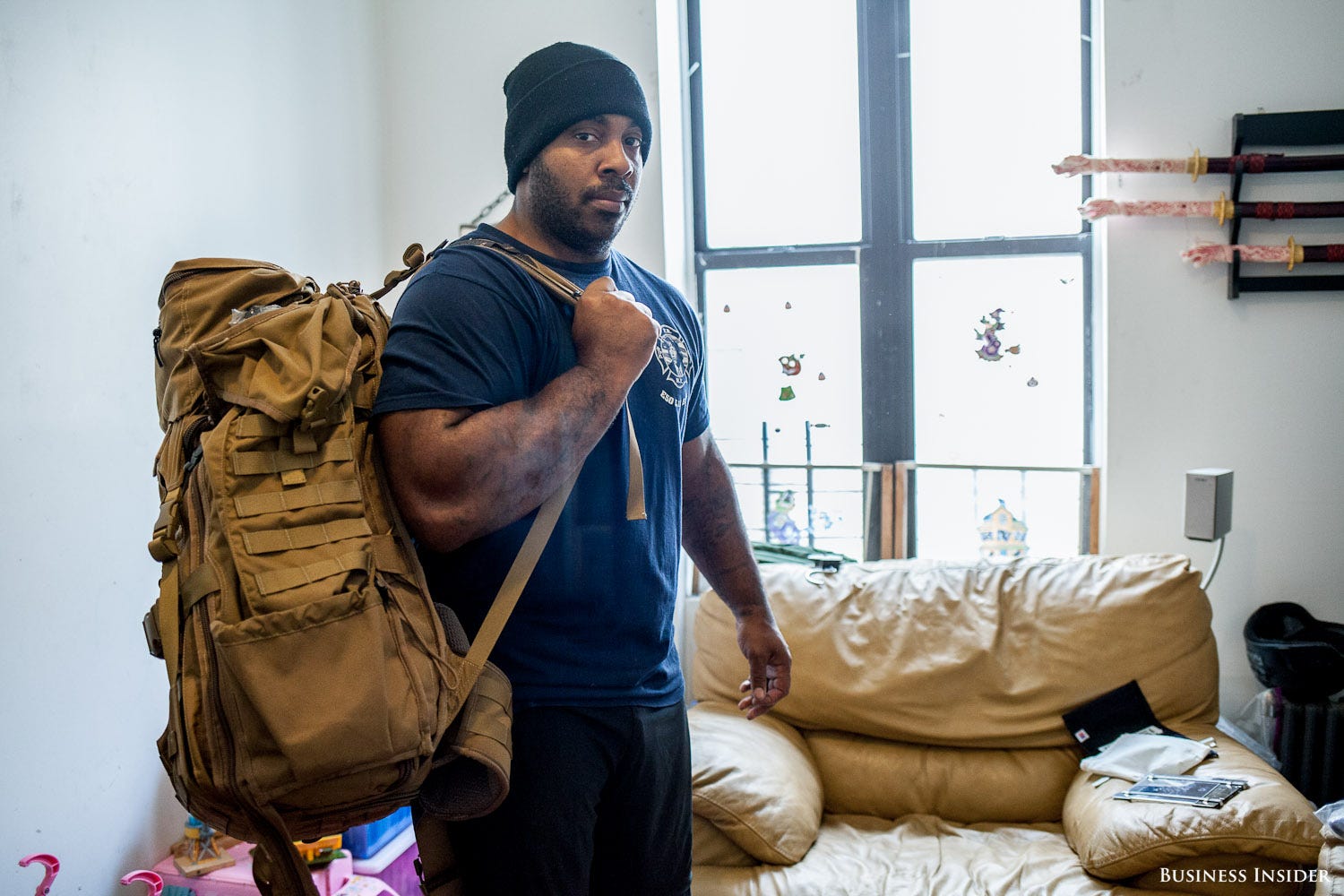- Doomsday preppers are accustomed to preparing for disasters of all kinds.
- But preppers say they’re not phased by the COVID-19 outbreak, because unlike the other disasters they prepare for, “it’s not end game.”
- Their best advice for weathering the novel coronavirus outbreak includes eating right and getting enough rest.
- Visit Business Insider’s homepage for more stories.
Hand sanitizer is selling out on Amazon. Shelves normally lined with masks at Home Depot are bare. And people across the country are stocking up on their canned goods.
But preppers, the apocalypse-minded group of folks who are perpetually preparing for any disaster scenario, and none in particular, are not phased by the worldwide COVID-19 outbreak caused by the novel coronavirus.
“I wouldn’t even be nervous,” Jason Charles, head of the New York City preppers network, said over the weekend. “It’s not end game.”
Further south in Virginia, James Walton, who hosts a weekly show on the Prepper Broadcasting Network agreed.
"I'm not that concerned about us catching a virus that we won't be able to beat," Walton told Business Insider. "In the prepping community, we have a base level of preparedness."
Still, there are extra steps that both Charles and Walton said they are taking in this outbreak to stay healthy and sane. Here are the top science-backed pieces of advice we heard from the preppers.
Get your diet in check.
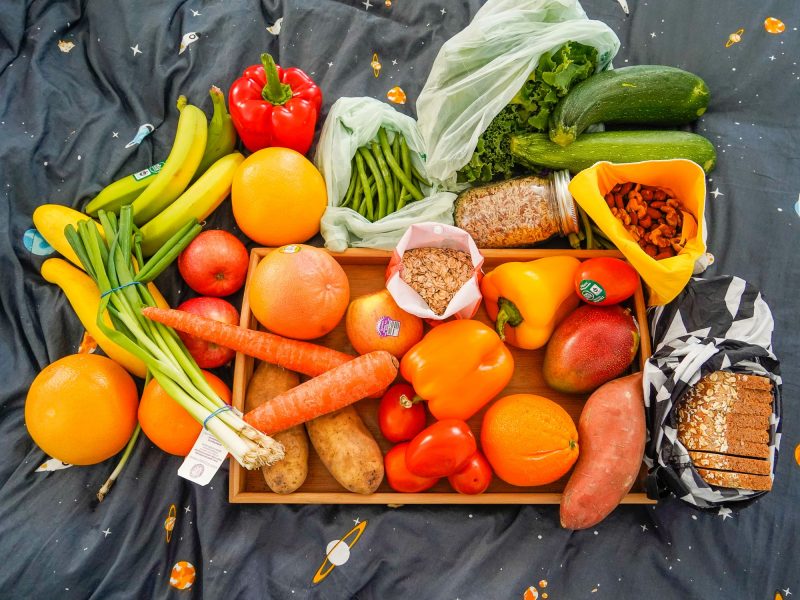
Maintaining a healthy diet is a great first defense against viral illness.
Malnutrition and nutrient deficiency hampers the immune systems of undernourished people, but so does obesity.
Getting the right mix of healthy, wholesome foods in your diet rich in nutrients like zinc, copper, and various vitamins not only lowers your risk of chronic diseases like diabetes and heart disease, but it can also help your body fight off more temporary infections and illnesses, like COVID-19.
"We shore up our diet," Walton said. "We don't eat out and eat junk a lot because diet has a tremendous effect on your immune system."
Specifically, eat more fruits and vegetables. Spinach, ginger, turmeric, and nuts like almonds are all great additions to a plate.
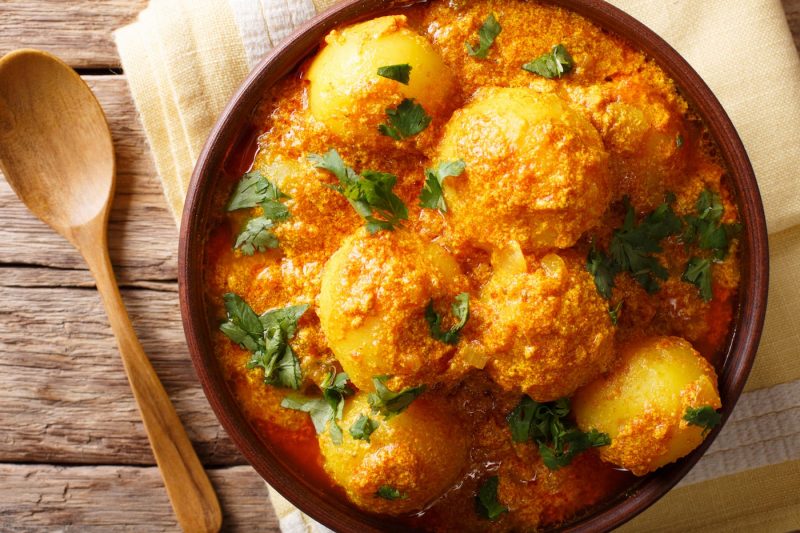
There's no easier way to ensure you're getting adequate nutrients in your diet than by adding more fresh fruits and vegetables into the mix.
"I lowered my sugar intake by more than half, because I'm trying to stay in good shape," Charles said.
He recommends spinach, turmeric, and almonds. Our bodies can convert the carotenoids in spinach into vitamin A, derive anti-inflammatory circulation-boosting benefits from golden turmeric root, and gather lots of calcium, magnesium, and healthy fats from almonds.
If you've already caught COVID-19, the nutritional advice from preppers may not be as important, though.

Scientists still aren't sure, but there's some evidence that eating can be good for fighting viral infections, even if all you're craving in the sick bay is sugary donuts.
"When you have the flu, you kind of feel like having some tea and honey," Yale immunologist Ruslan Medzhitov previously told The Atlantic. "That may be the body's way of telling us that we need some glucose."
Get enough sleep.

There is no debate about this one. Sleep is great for our immunity. When you haven't slept enough, it's harder for the body to fight off illnesses ranging from the common cold to cancer.
"Sleep becomes a massive priority," Walton said. "I get kind of wacky when people are not sleeping in the house with things like this going on, because I know it's such a big deal."
According to one 2017 University of Washington study, even identical twins who sleep less than their look-alike siblings have more depressed immune function.
About eight hours a night is a good benchmark.
"Top up" your supplies at home, instead of raiding the stores and stockpiling massive quantities of goods.
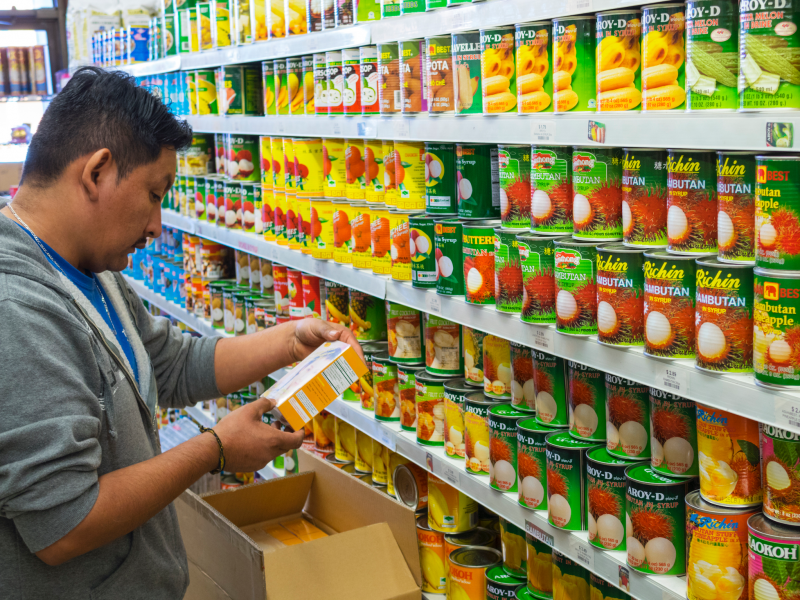
Rather than emptying store shelves, preppers say that it's best to stock food, water, and other emergency supplies slowly and diligently. Rotate out your older perishable goods, using them before they rot.
"Start topping off your preps" Charles said. "Do it over time."
Personally, he likes to keep Chef Boyardee on hand. "It's good apocalyptic food," he said, stressing that it's a bad idea to buy canned goods you wouldn't actually like to eat, in an emergency (for him, that means Spam is out of the question.)
Pay attention to what's going on.

Follow along with where illnesses are spreading, to know if there's an outbreak happening near you.
"This is not an emergency just yet," Charles said. "It's something to monitor."
Know how to prevent infections (good handwashing, avoiding close contact) and what to do if someone in your house gets sick (caretakers and patients should wear masks, and watch for worsening symptoms like difficulty breathing, which might require hospitalization.)
Get moving: box, jog, or keep your physical fitness up in whatever other way you might enjoy.
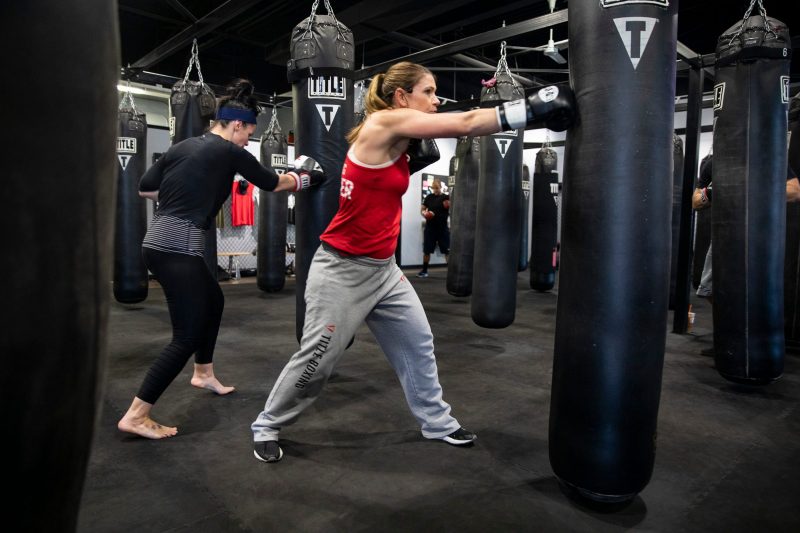
Getting some aerobic movement into your day is a great mental boost.
"Boxing, jogging, running up and down the stairs, whatever it is, work out," Charles said. "Get your heart going, get your blood flowing."
When Business Insider spoke with Walton, he said he'd likewise just returned from a 6-mile run, something he does regularly, even when there's no global infectious disease outbreak.
The jury is still out on how, exactly, regular exercise impacts our immunity, but exercise does trigger changes in our white blood cells, making them circulate more quickly, and it's possible this could help us fight off infections quicker.
Protect the most at-risk individuals, including older adults and people with preexisting health conditions.
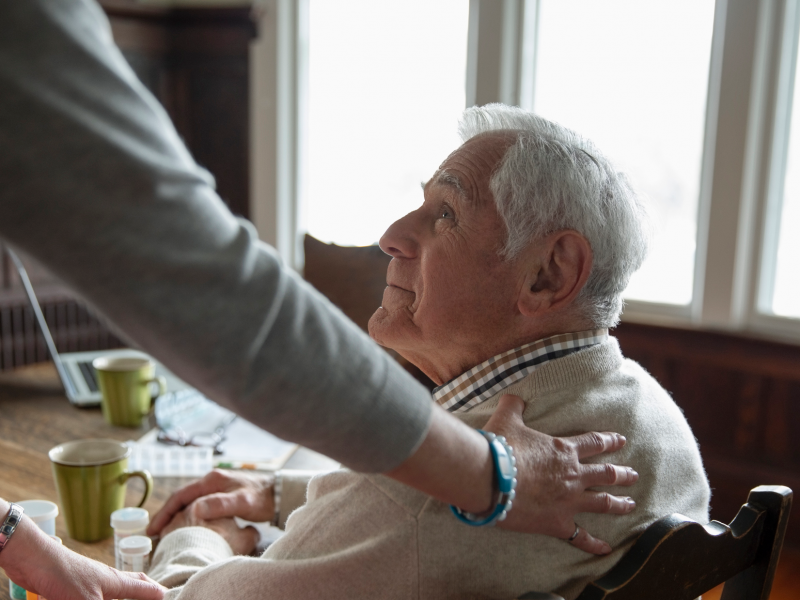
Around the world, the most vulnerable coronavirus cases are consistently in patients over 50 years old, and in people with preexisting health conditions.
If you live with someone who's older, or diagnosed with heart disease, respiratory issues, or another preexisting condition, then you're going to want to be extra careful about washing hands regularly, and avoiding all contact with people who are sick.
"I think everybody is a prepper, it just takes a certain trigger," Walton said.

